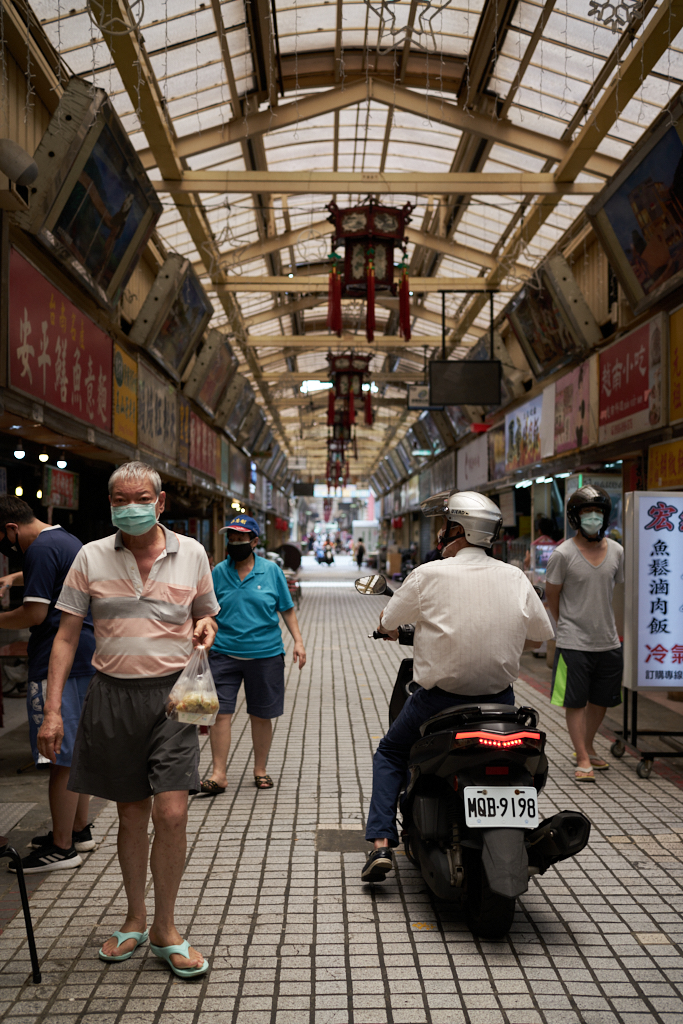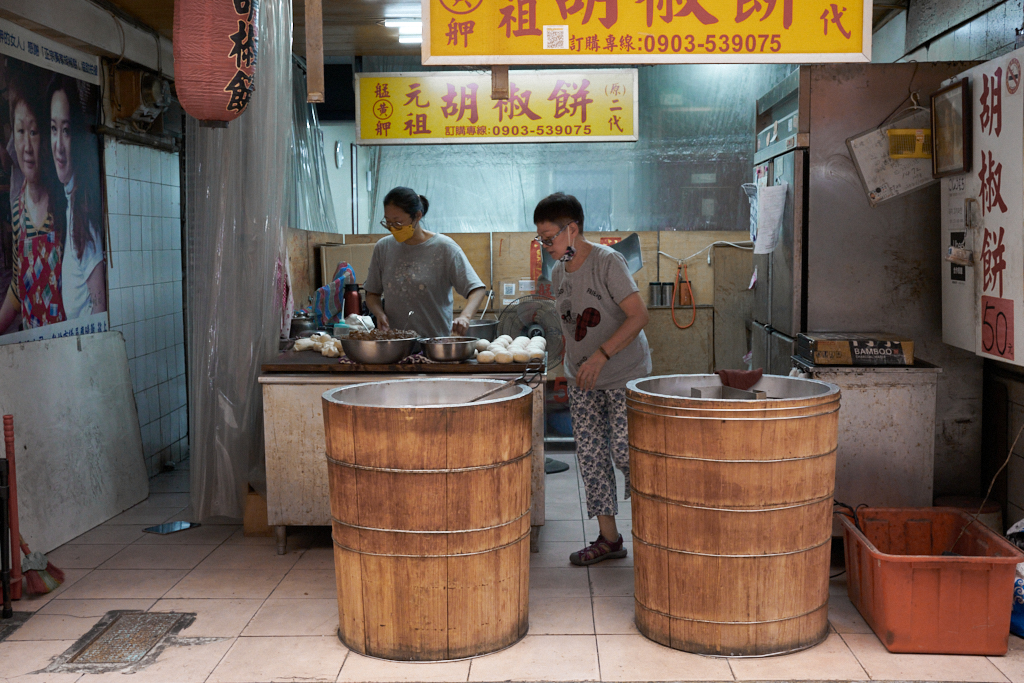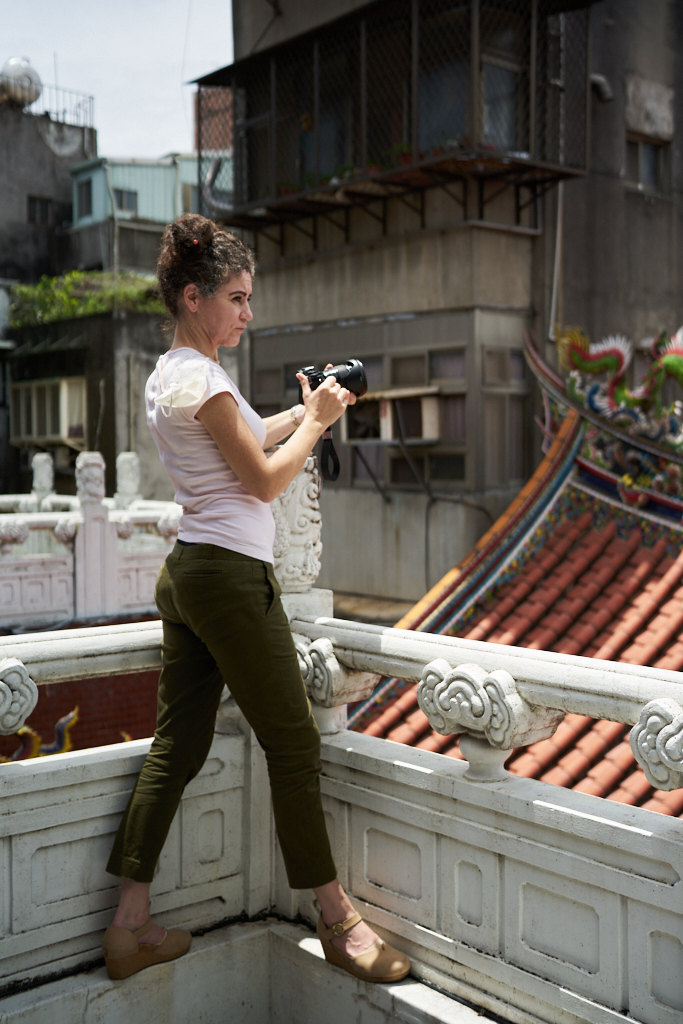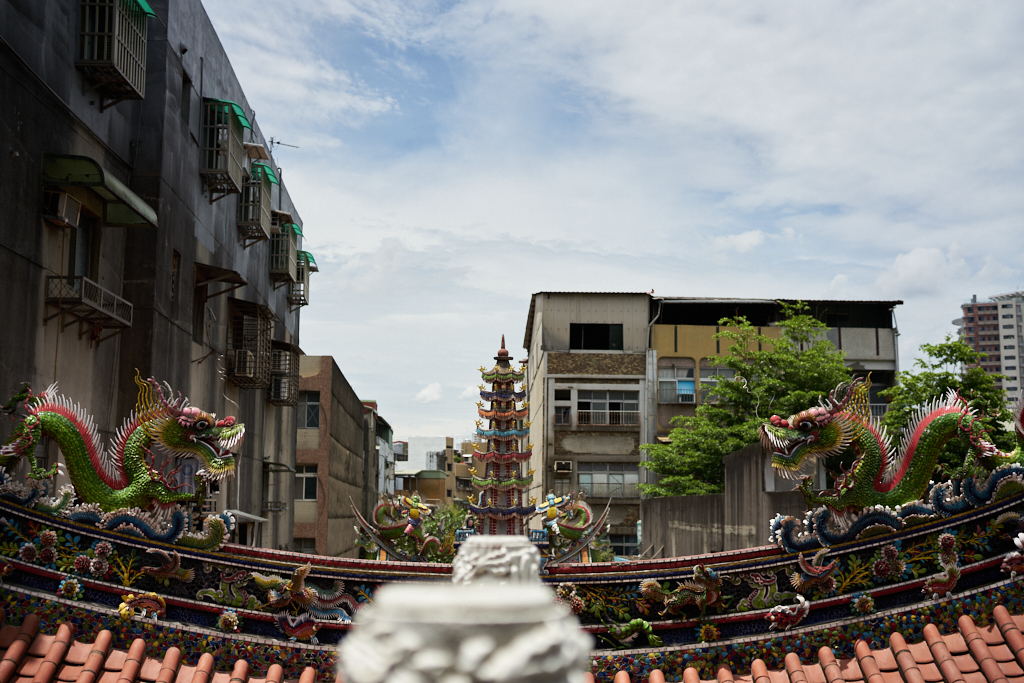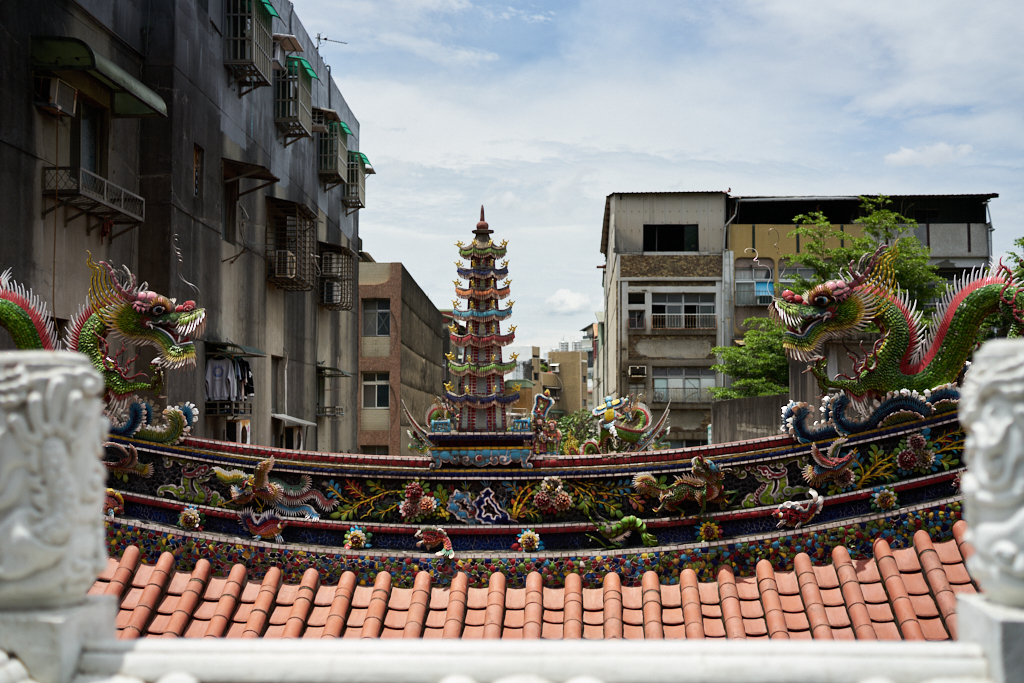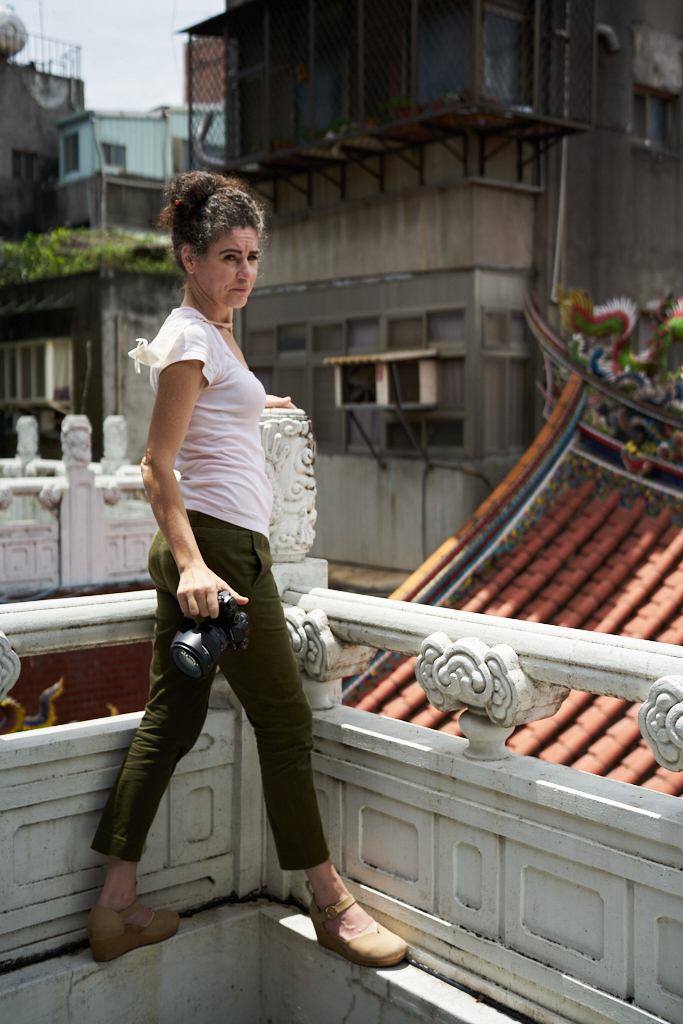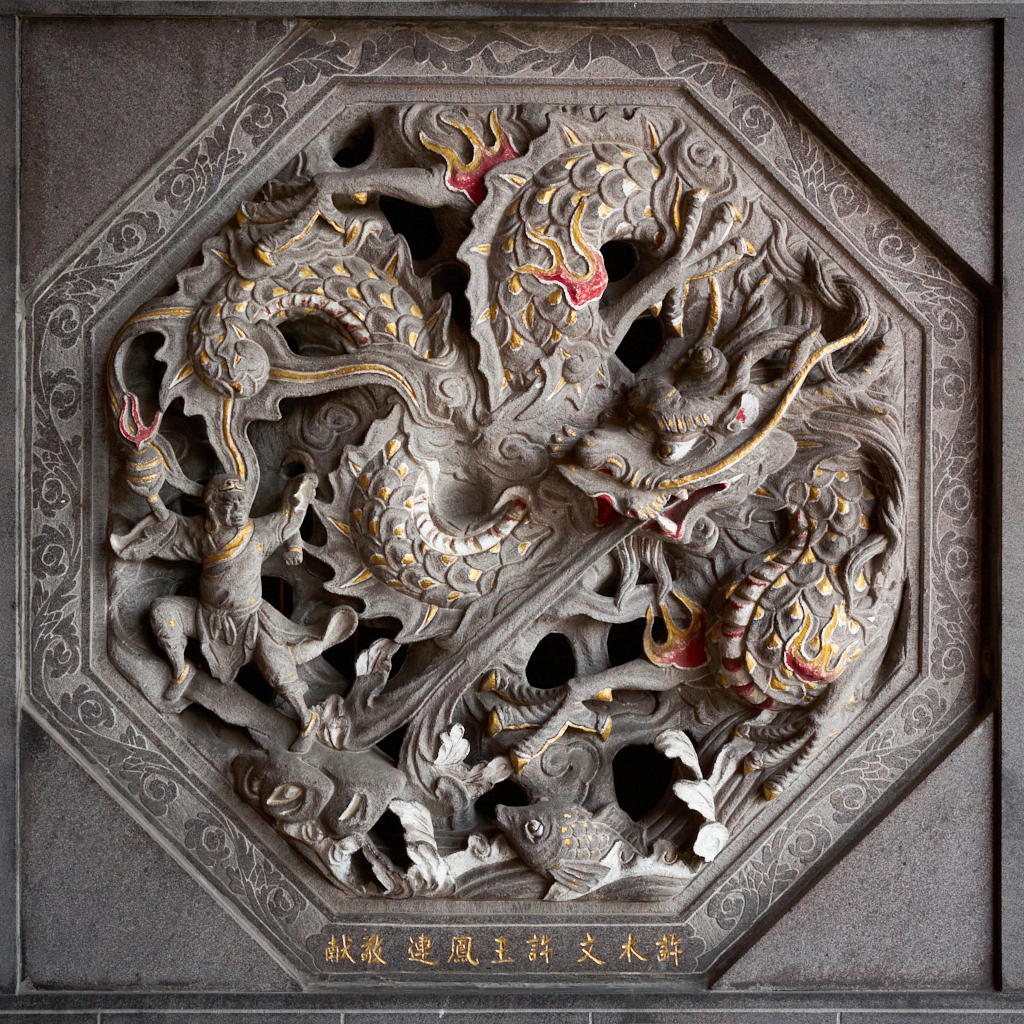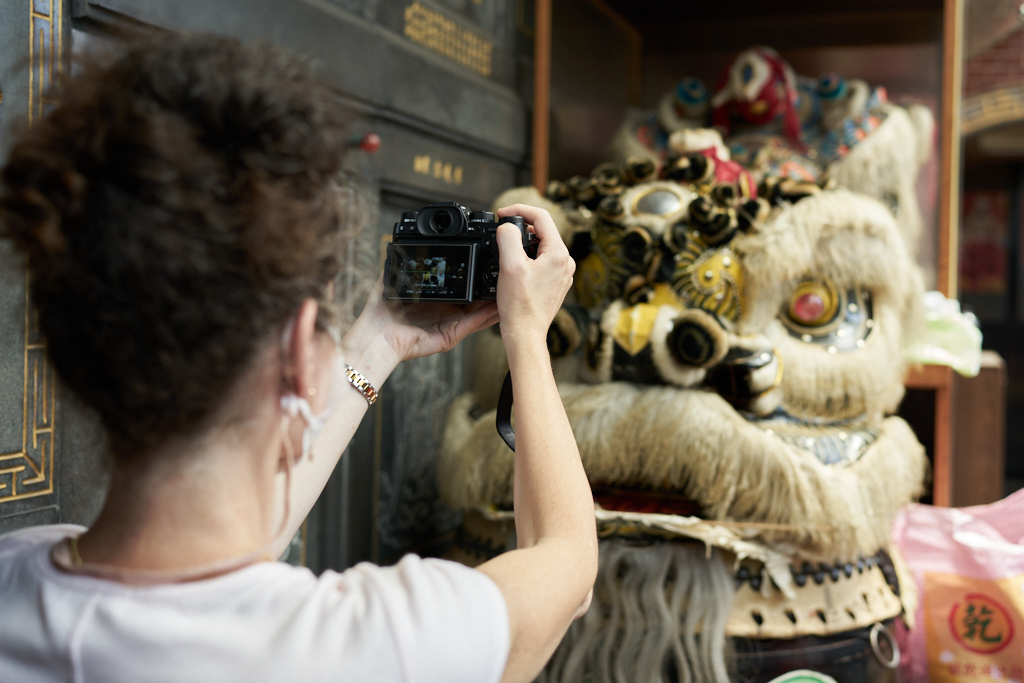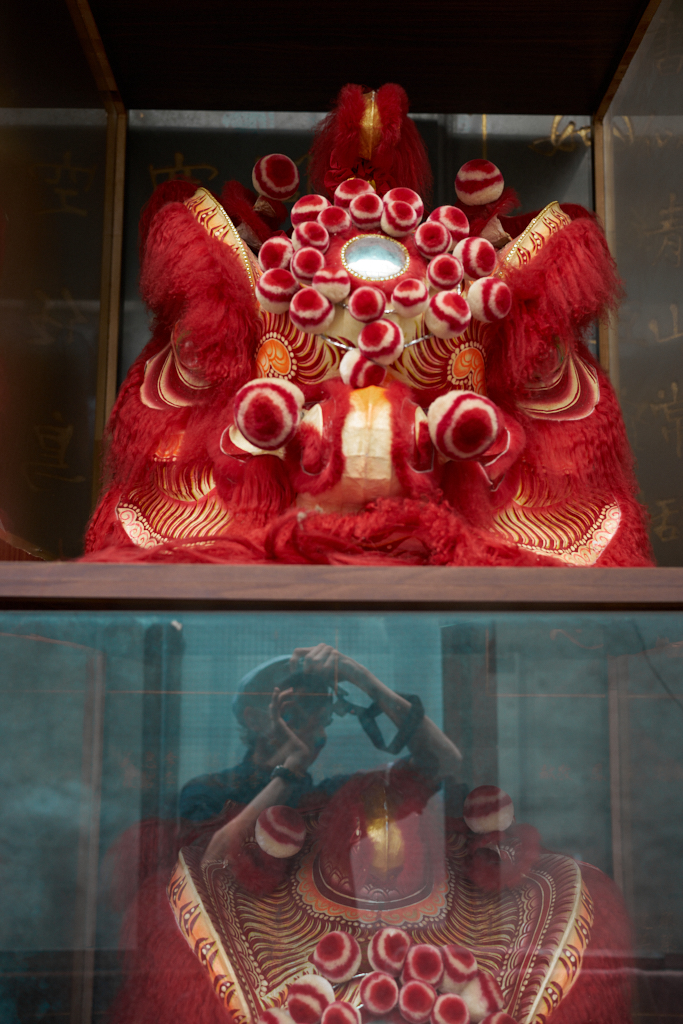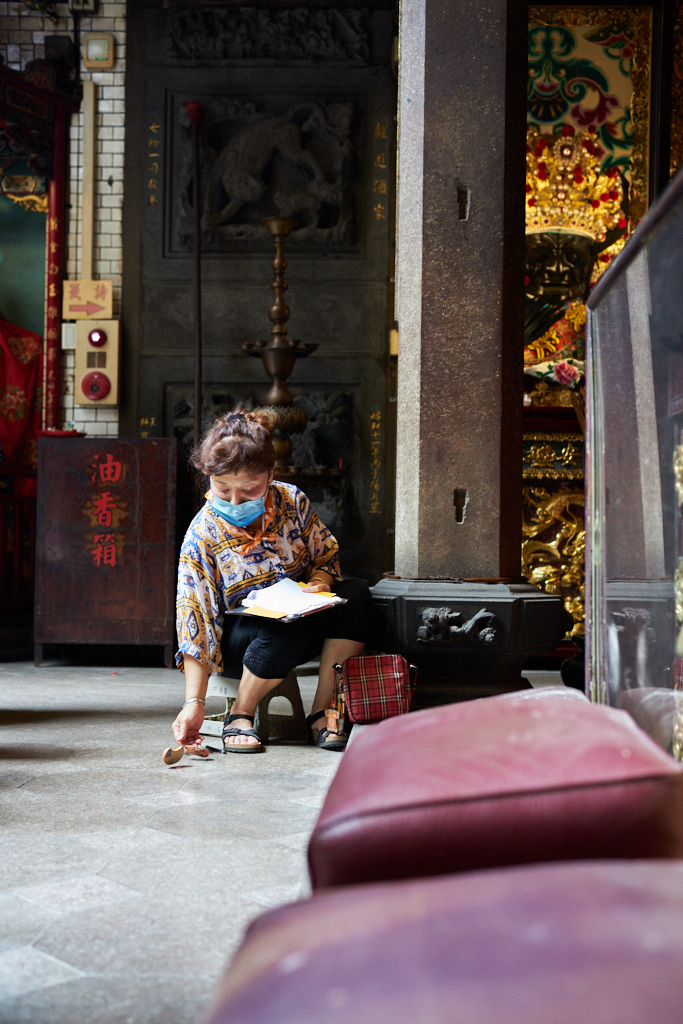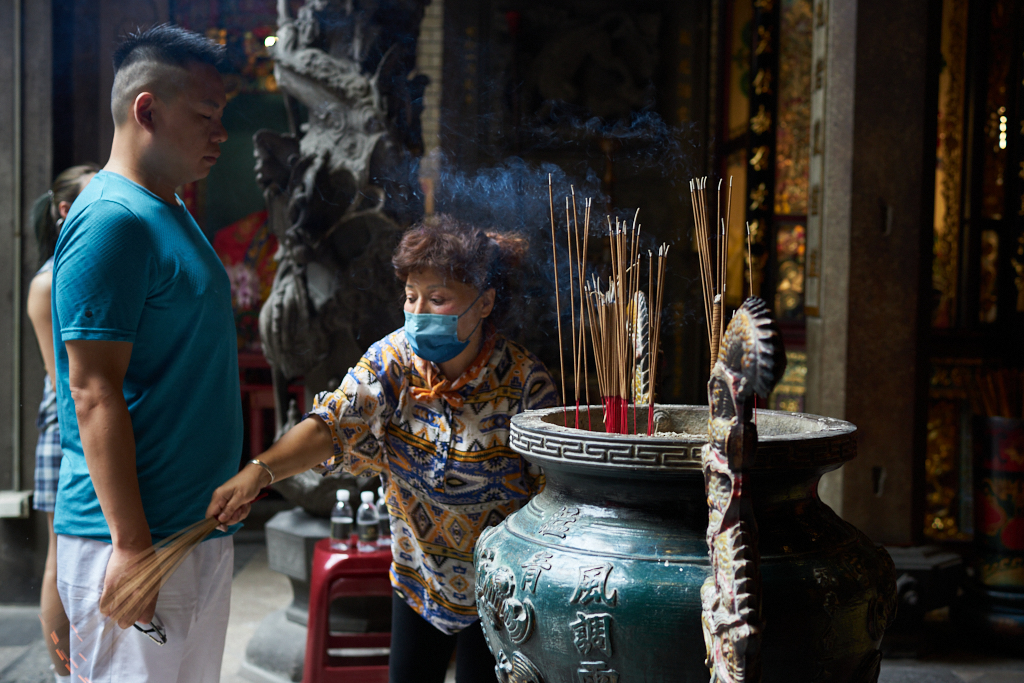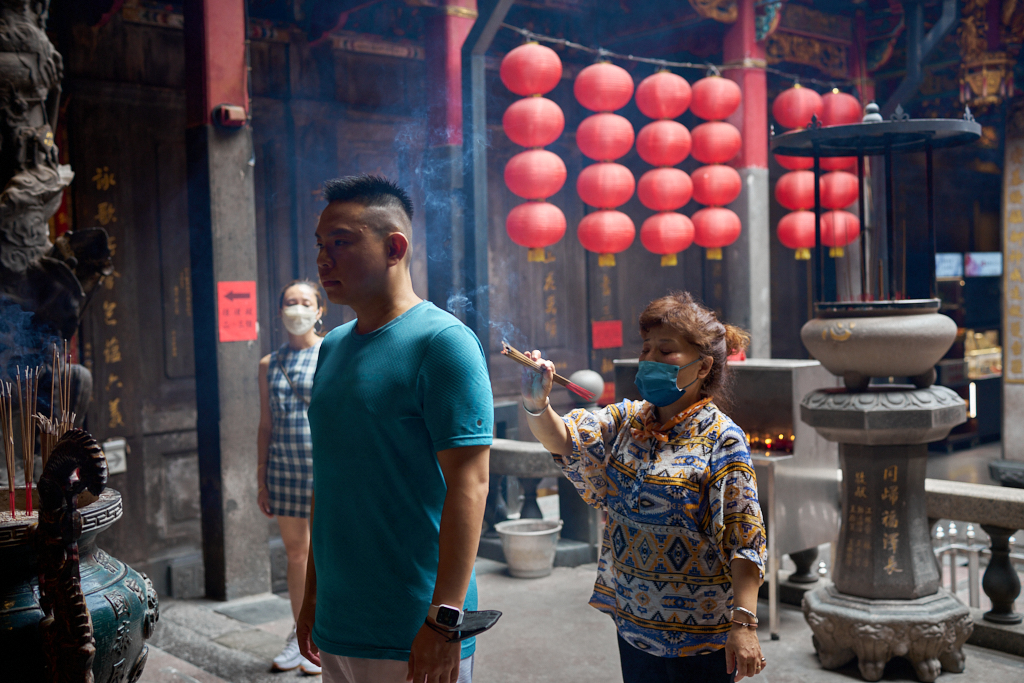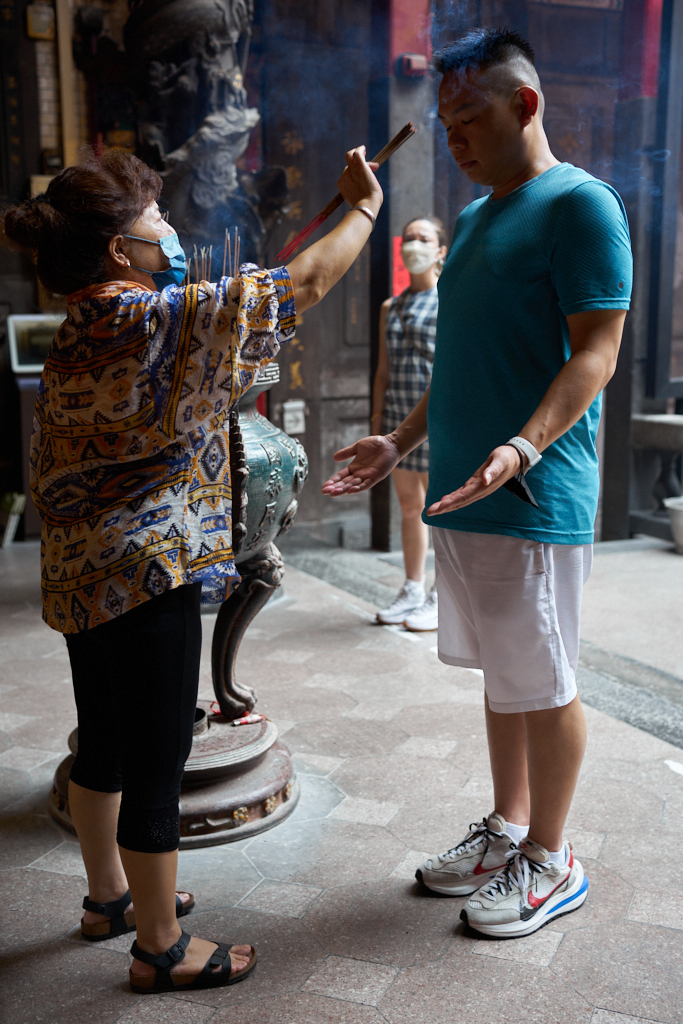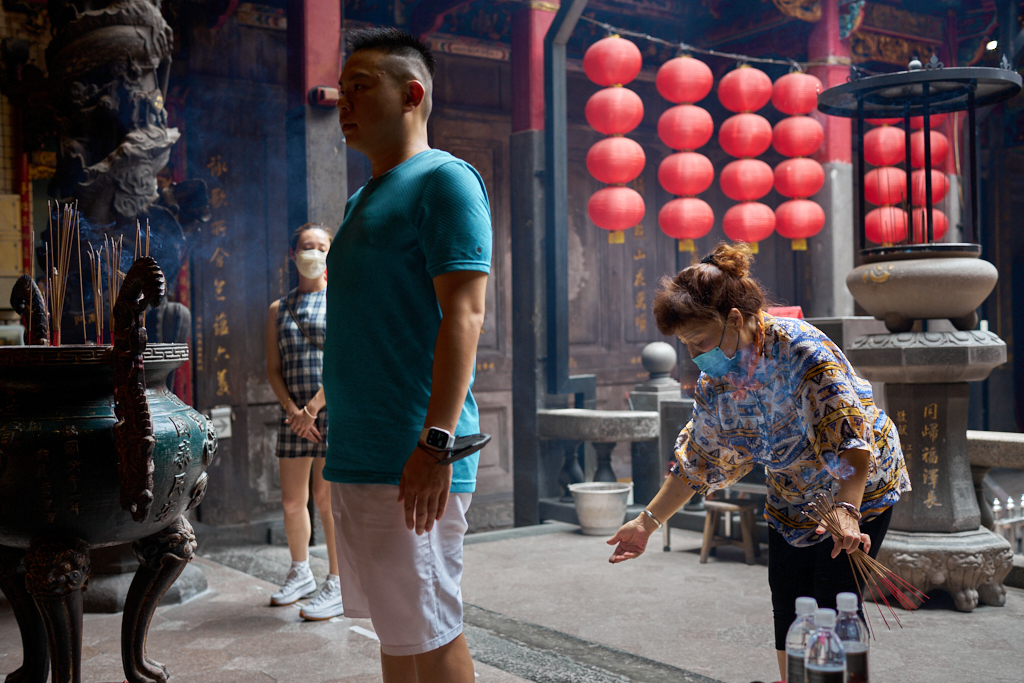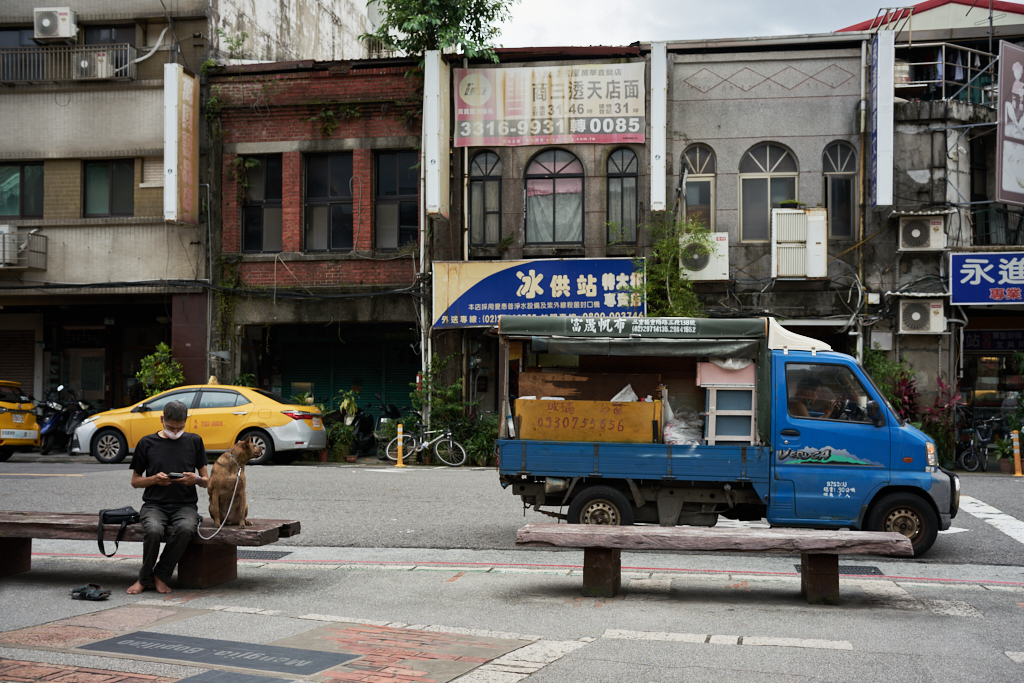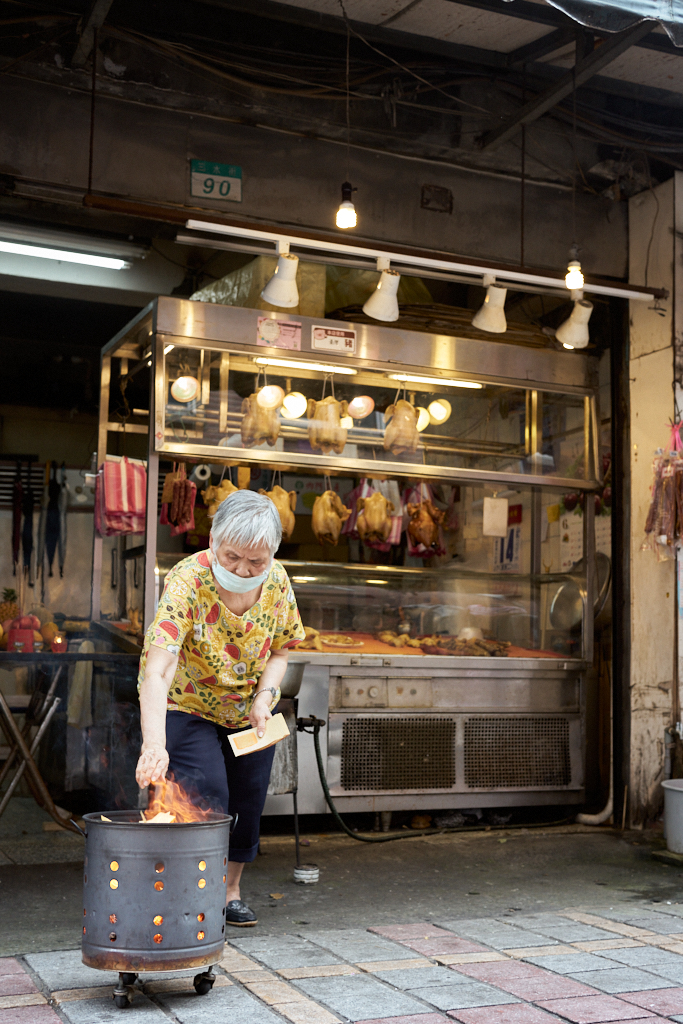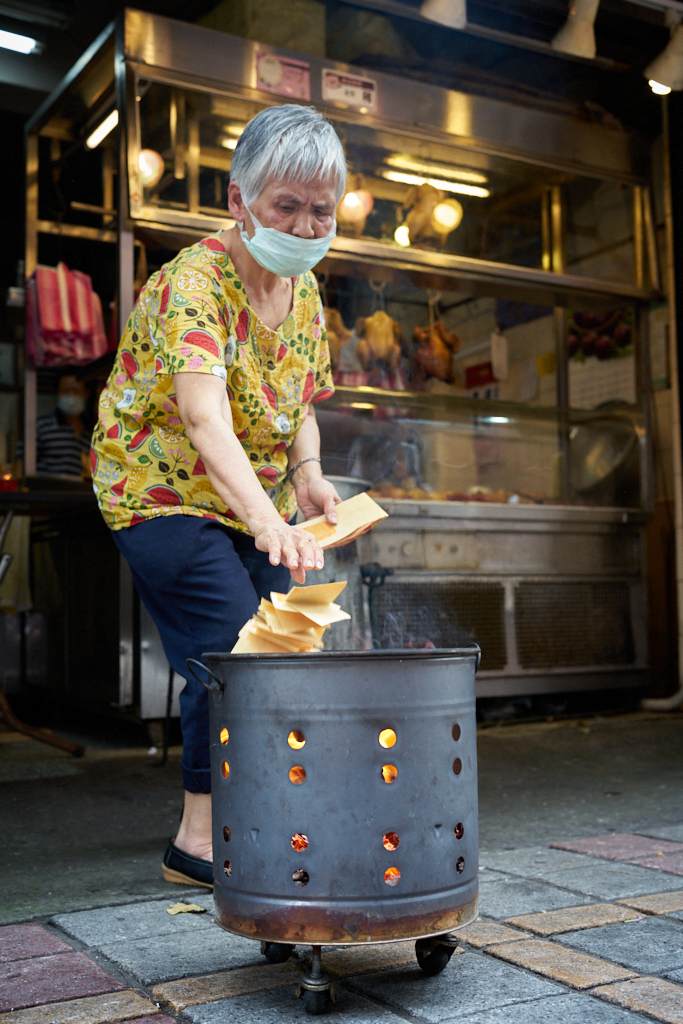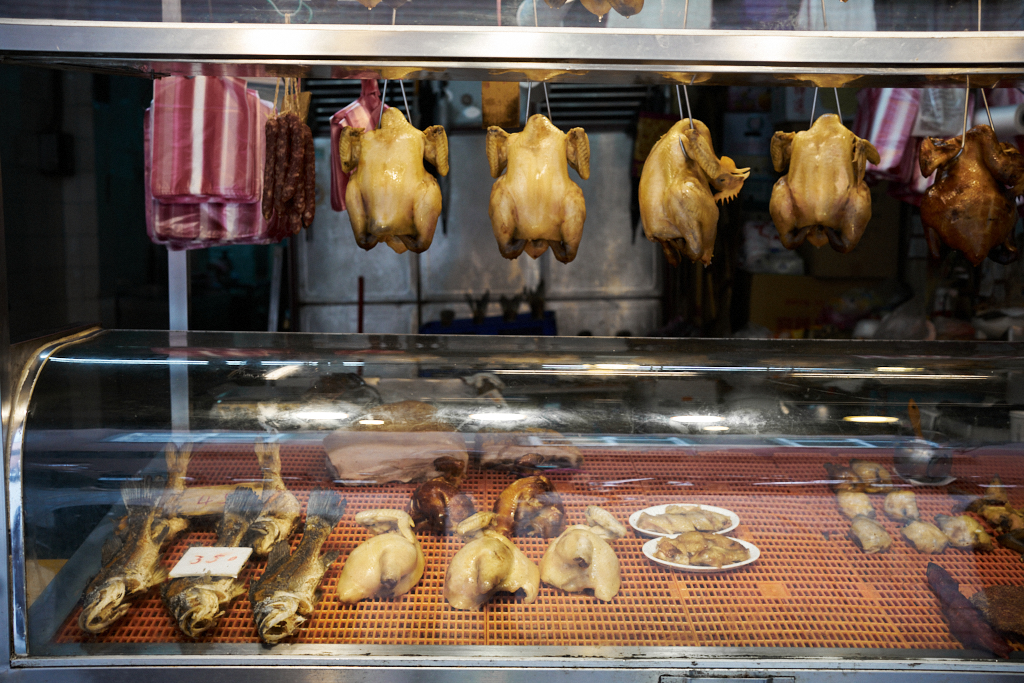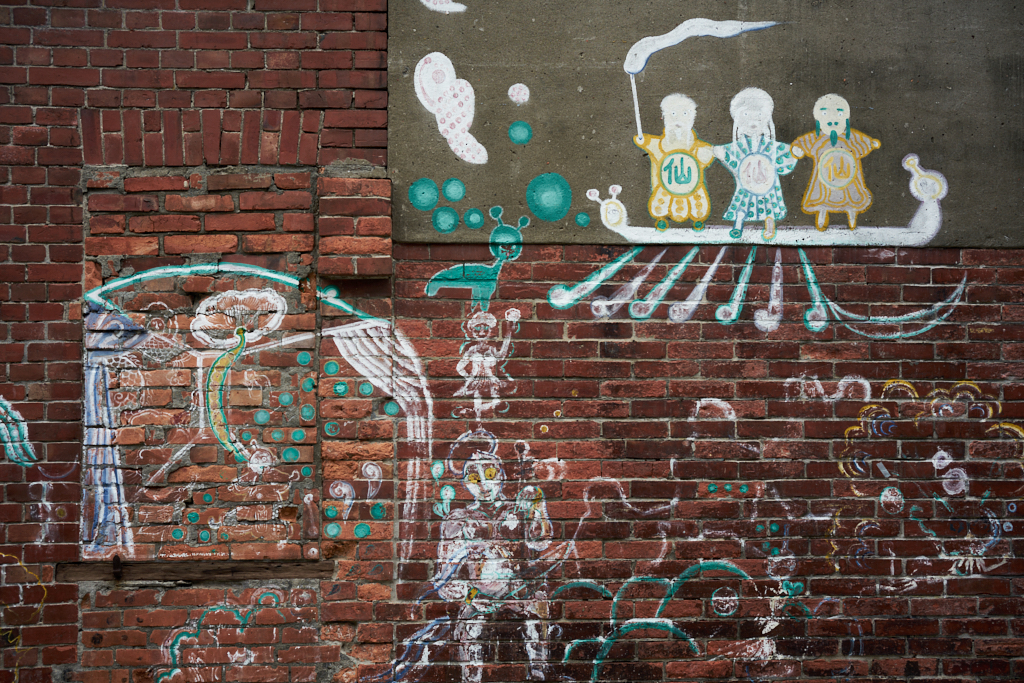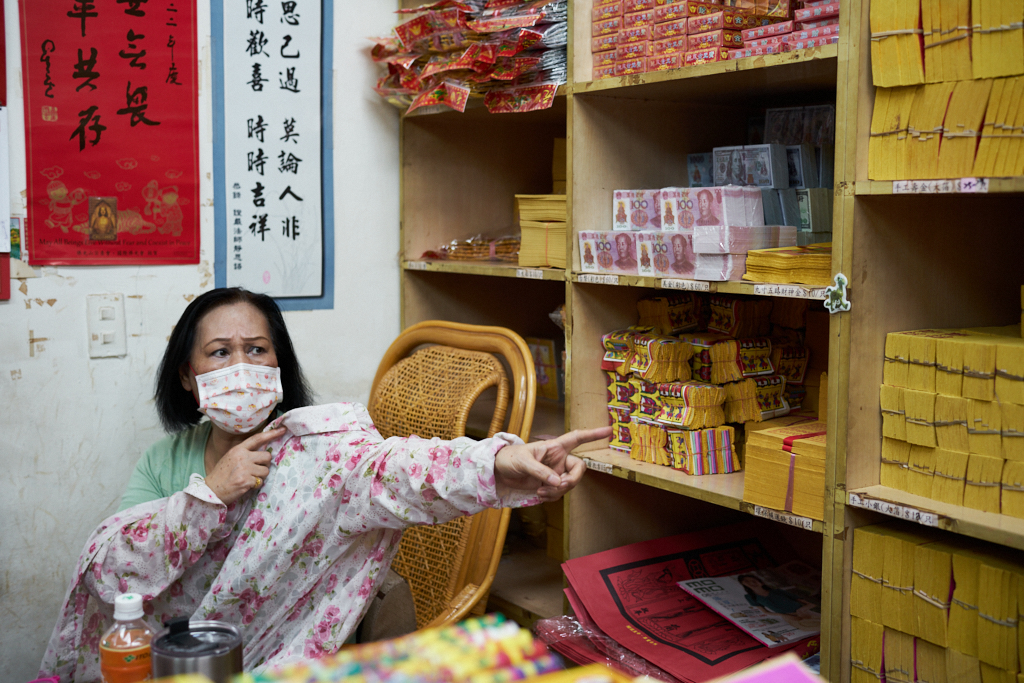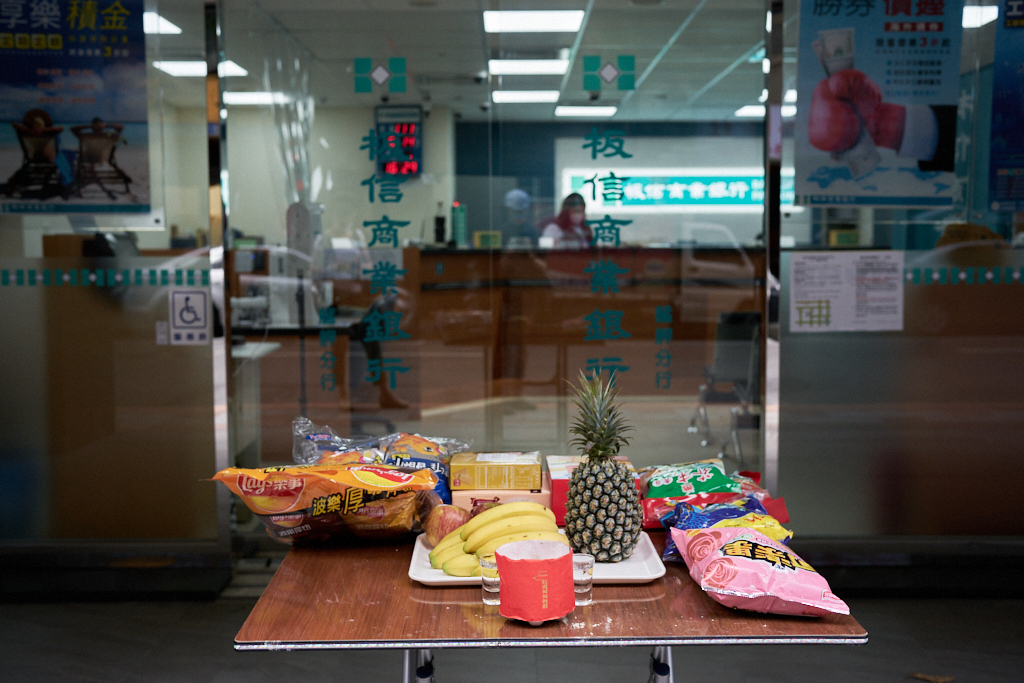Ghost Money and Exorcism, Wanhua (萬華區) with Naomi Hellmann
In June 2022, I headed out to Wanhua for a photo safari with a friend of mine, Naomi Hellmann.
Wanhua is one of Taipei’s oldest districts. It’s narrow streets are often crowded, full of life and the smell of food. Night markets, food vendors, and temples can be found at every corner. All this makes Wanhua a perfect place to witness many of Taiwan’s older traditions.
Many traditions are related to honor ancestors and to appease their ghosts. While the whole month of August, “Ghost Month”, is dedicated to them as the gates to the spirit world open and scowling ghosts scuffle through the streets, ancestors and gods are important throughout the year.
During our walk, we were lucky to witness three different traditions. The first is the burning of Ghost Money, a tradition dedicated to honoring the family’s ancestors. Ghost Money means big business for temples, which sell different grades of money (“silver” or “gold”) for the desperate or hopeful. Only recently criticism got louder, mostly for environmental reasons.
The second tradition we spotted is food assembled on a small table on the street to feed the ghosts. Incense is burned, and once it burned out the ghosts have supposedly feasted on the food’s essence and you can then bring it back inside to eat the mere worldly leftovers yourself.
The highlight of the tour was a long ritual performed by a shaman for a young man who came with his girlfriend or wife. It began by the shaman using her Jiaǒ Bei (筊杯) to question the gods. Jiaǒ Bei are two crescent pieces of wood that you toss on the floor after asking the gods a yes-no question. If one of them lands on its flat, the other on its round surface, the gods give a positive answer to your question. (But fear not, you are allowed to reframe your question and ask again.) Afterwards, the shaman used burning incense to exorcise ghosts that captured the young man – at least that is what a nice lady working at the temple told us after the ceremony.
